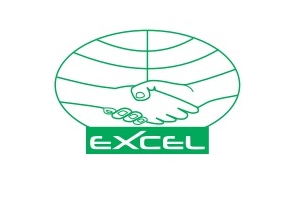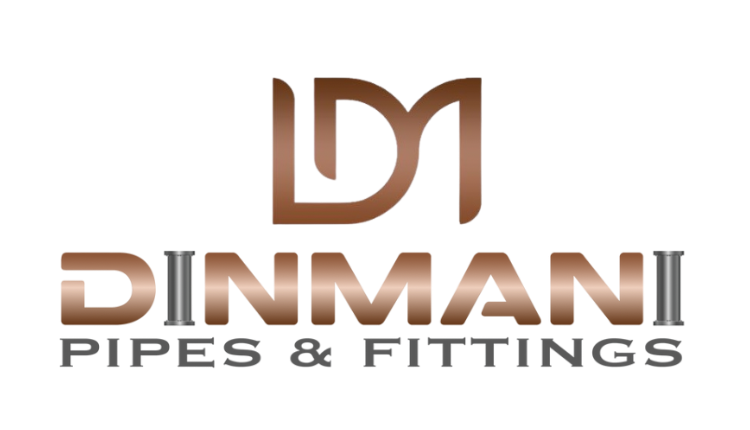Get A Quote
Get A Quote
+91

Home

Account

Get A Quote

About Us
Products
Materials
Contact Us
Connect with us
Get A Quote

Home

Account

Get A Quote

Stainless Steel 316 fasteners are hardware devices designed to mechanically join or affix two or more objects together. These fasteners are made from Stainless Steel 316, a molybdenum-bearing austenitic stainless steel known for its superior corrosion resistance. The alloy consists of 16-18% chromium, 10-14% nickel, and 2-3% molybdenum, providing excellent resistance to various corrosive environments, including marine and chemical settings.
Explore the chemical composition excellence of 316 stainless steel fasteners through a comprehensive table overview.
| Grade | C | Mn | Si | P | S | Cr | Mo | Ni | N | |
| SS 316 Fasteners | Min | - | - | - | 0 | - | 16.0 | 2.00 | 10.0 | - |
| Max | 0.08 | 2.0 | 0.75 | 0.045 | 0.03 | 18.0 | 3.00 | 14.0 | 0.10 |
316 stainless steel fasteners feature a robust chemical composition, ensuring corrosion resistance and reliability in diverse applications.
Uncover the strength and durability of 316 stainless steel fasteners through a detailed mechanical properties table overview.
| Type | Elong (% in 50mm) min | Hardness | |
| Rockwell B (HR B) max | Brinell (HB) max | ||
| SS 316 Fasteners | 40 | 95 | 217 |
316 stainless steel fasteners Shows exceptional mechanical properties, ensuring durability, strength, and reliability in various applications.
Dive into the foundational characteristics of 316 stainless steel fasteners with an insightful physical properties table overview.
Grade | Density (kg/m3) | Elastic Modulus (GPa) | Mean Co-eff of Thermal Expansion (µm/m/°C) | Thermal Conductivity (W/m.K) | Specific Heat 0-100°C (J/kg.K) | Elec Resistivity (nΩ.m) | |||
0-100°C | 0-315°C | 0-538°C | At 100°C | At 500°C | |||||
316 | 8000 | 193 | 15.9 | 16.2 | 17.5 | 16.3 | 21.5 | 500 | 740 |
316 stainless steel fasteners exhibit outstanding physical properties, ensuring versatility and reliability for various industrial applications.
Following are the advantages of Stainless Steel 316 Fasteners used in various industrial applications.
Stainless Steel 316 fasteners are crucial in various industries, offering corrosion resistance, strength, and durability.
Below are the applications of Stainless Steel 316 Fasteners used in industrial sectors.
Therefore, 316 Stainless Steel fasteners and their ability to perform well in various environments makes them versatile for various applications.
Stainless Steel 316 fasteners are hardware devices designed to mechanically join or affix two or more objects together. These fasteners are made from Stainless Steel 316, a molybdenum-bearing austenitic stainless steel known for its superior corrosion resistance. The alloy consists of 16-18% chromium, 10-14% nickel, and 2-3% molybdenum, providing excellent resistance to various corrosive environments, including marine and chemical settings.
Explore the chemical composition excellence of 316 stainless steel fasteners through a comprehensive table overview.
| Grade | C | Mn | Si | P | S | Cr | Mo | Ni | N | |
| SS 316 Fasteners | Min | - | - | - | 0 | - | 16.0 | 2.00 | 10.0 | - |
| Max | 0.08 | 2.0 | 0.75 | 0.045 | 0.03 | 18.0 | 3.00 | 14.0 | 0.10 |
316 stainless steel fasteners feature a robust chemical composition, ensuring corrosion resistance and reliability in diverse applications.
Uncover the strength and durability of 316 stainless steel fasteners through a detailed mechanical properties table overview.
| Type | Elong (% in 50mm) min | Hardness | |
| Rockwell B (HR B) max | Brinell (HB) max | ||
| SS 316 Fasteners | 40 | 95 | 217 |
316 stainless steel fasteners Shows exceptional mechanical properties, ensuring durability, strength, and reliability in various applications.
Dive into the foundational characteristics of 316 stainless steel fasteners with an insightful physical properties table overview.
Grade | Density (kg/m3) | Elastic Modulus (GPa) | Mean Co-eff of Thermal Expansion (µm/m/°C) | Thermal Conductivity (W/m.K) | Specific Heat 0-100°C (J/kg.K) | Elec Resistivity (nΩ.m) | |||
0-100°C | 0-315°C | 0-538°C | At 100°C | At 500°C | |||||
316 | 8000 | 193 | 15.9 | 16.2 | 17.5 | 16.3 | 21.5 | 500 | 740 |
316 stainless steel fasteners exhibit outstanding physical properties, ensuring versatility and reliability for various industrial applications.
Following are the advantages of Stainless Steel 316 Fasteners used in various industrial applications.
Stainless Steel 316 fasteners are crucial in various industries, offering corrosion resistance, strength, and durability.
Below are the applications of Stainless Steel 316 Fasteners used in industrial sectors.
Therefore, 316 Stainless Steel fasteners and their ability to perform well in various environments makes them versatile for various applications.























-1688635827661.webp)
No more suppliers available.
Website Banner